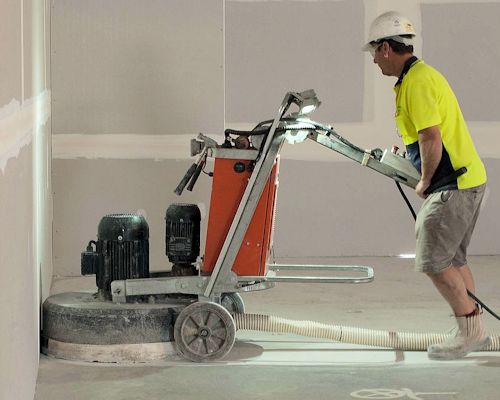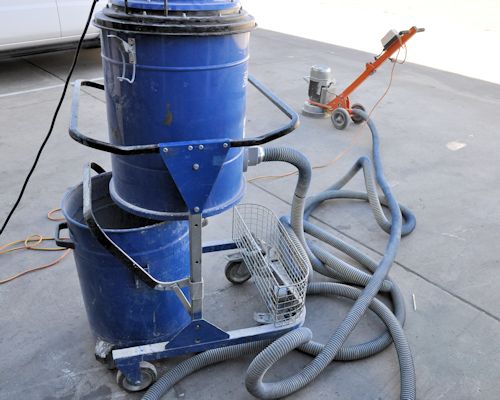Operating procedures
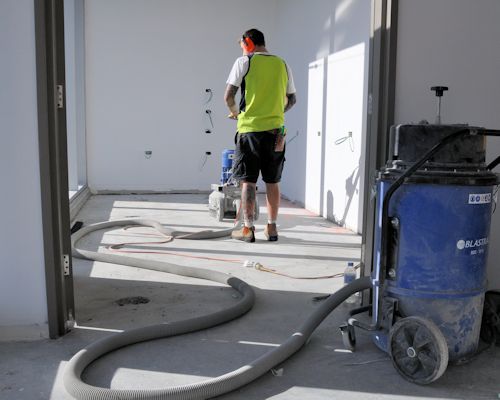 Audio for slide 1 (mp3 |6|KB)
Audio for slide 1 (mp3 |6|KB)
Every grinding machine has an optimal method of operation.
The variations in technique between different machines will depend on a range of factors, such as:
- the size and type of machine it is, including the number of heads and the manufacturer's design
- the tooling that's been fitted and the CSP you're aiming to achieve
- the loose material or contaminants that you're removing
- the presence of high spots or ridges in the floor, especially if you are planning to install a floor covering directly on top.

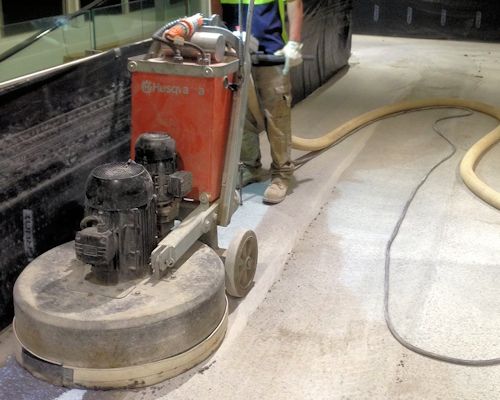 Audio for slide 2 (mp3 |6|KB)
Audio for slide 2 (mp3 |6|KB)
If you haven't been instructed by an experienced operator on how to use a particular machine, make sure you read the manufacturer's manual before you start.
This will tell you what pattern to follow, how much overlap to incorporate, and what to do if you strike unusual features in the floor.
Below is a general procedure that applies to most grinding machines.

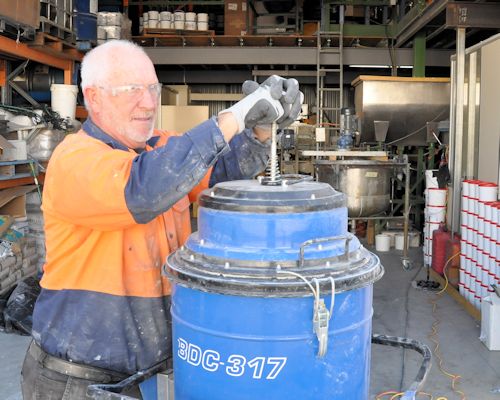 Audio for slide 3 (mp3 |6|KB)
Audio for slide 3 (mp3 |6|KB)
General procedure
- Assemble all the tools and equipment required, so that everything is to hand when you need it.
- Clean the floor and prepare the area. This may include isolating smoke detectors if there's a risk that the level of dust might set them off.
- Inspect the equipment and complete all pre-start checks. Look out for damaged or excessively worn parts, misalignments and binding of moving parts.

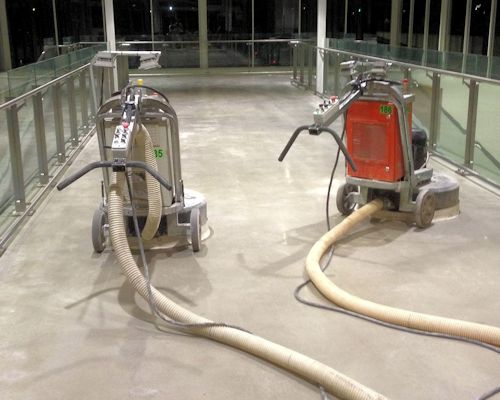 Audio for slide 4 (mp3 |6|KB)
Audio for slide 4 (mp3 |6|KB)
- Set up the tooling, depending on the hardness of the concrete and the type of material that needs to be removed from the surface.
- Connect the dust extraction hose and power lead. Position them so that they will stay out of the way while you're working.
- Turn on the extraction system and then start up the machine.

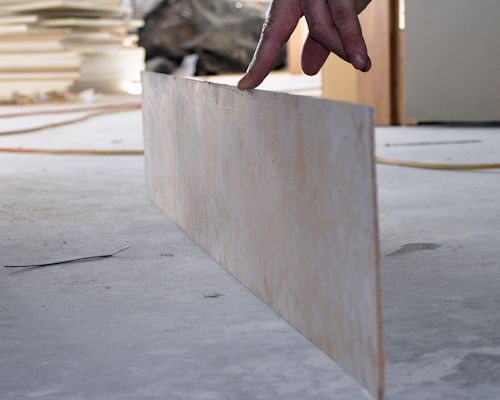 Audio for slide 7 (mp3 |6|KB)
Audio for slide 7 (mp3 |6|KB)
Working to Australian Standards
If you're planning to lay a floor covering directly on top of the concrete subfloor, you'll need to carefully check the planeness and smoothness of the surface before you finish the grinding task.
The tolerances for both of these characteristics are set by the Australian Standard that applies to the floor covering you'll be laying.
We discussed methods for measuring planeness and smoothness in 'Inspecting concrete subfloors' in the unit: Inspecting and testing subfloors.

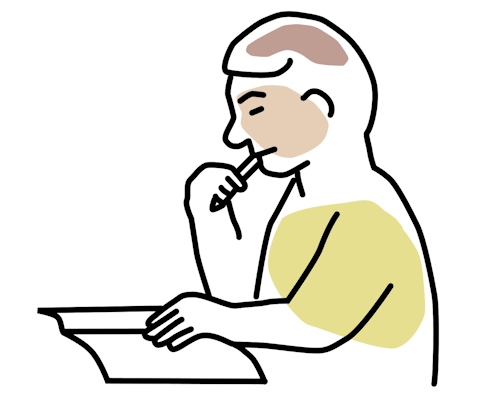
Learning activity
Audio 8 (mp3 |6|KB)Watch the following two video clips and then answer the questions underneath.
'Husqvarna PG 280 and DC 1400 - Grinding a concrete floor':
- How are the diamond segments attached to the disc?
- What sort of movement does the operator use while he's grinding the floor? That is, what pattern is the machine being moved in?
'Husqvarna PG 820 and PG 680':
- What type of machine is the operator using?
- What sort of movement does the operator use when he grinds the floor on the first pass? That is, what pattern is he moving the machine in?
Note that after he completes the first pass, the operator spreads water and polishing compound on the floor and begins the polishing process. We are not covering concrete polishing in this unit, but you can see the different polishing pads he uses as the floor is brought up to its final finish.

 Go to Basic maintenance
Go to Basic maintenance